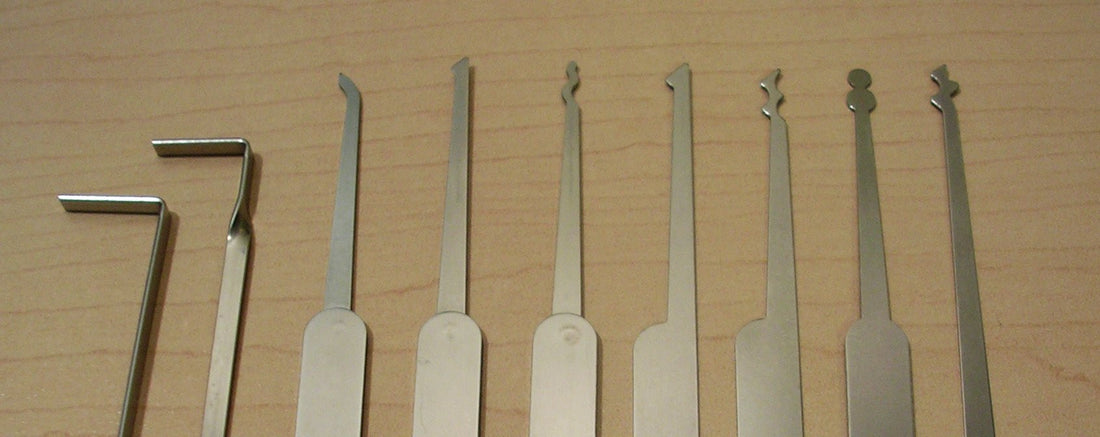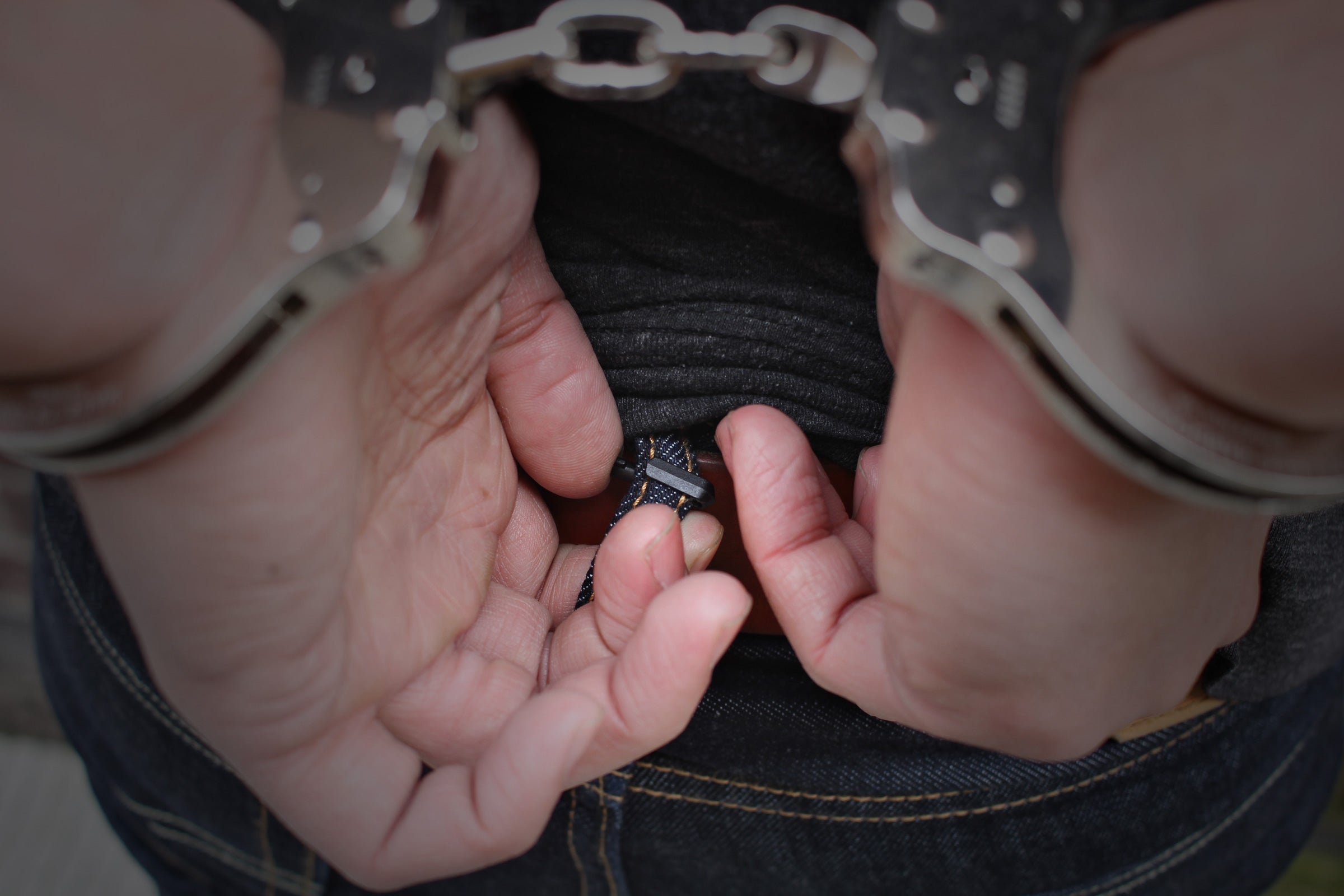Blog
Is it Illegal to Own a Handcuff Key?
What is a Bona Fide Locksmith?
Lock Pick Legality
When Can You Legally Be Handcuffed?
Why Carry a Handcuff Key? Case Study #1
Why Handcuff Keys are Legal



